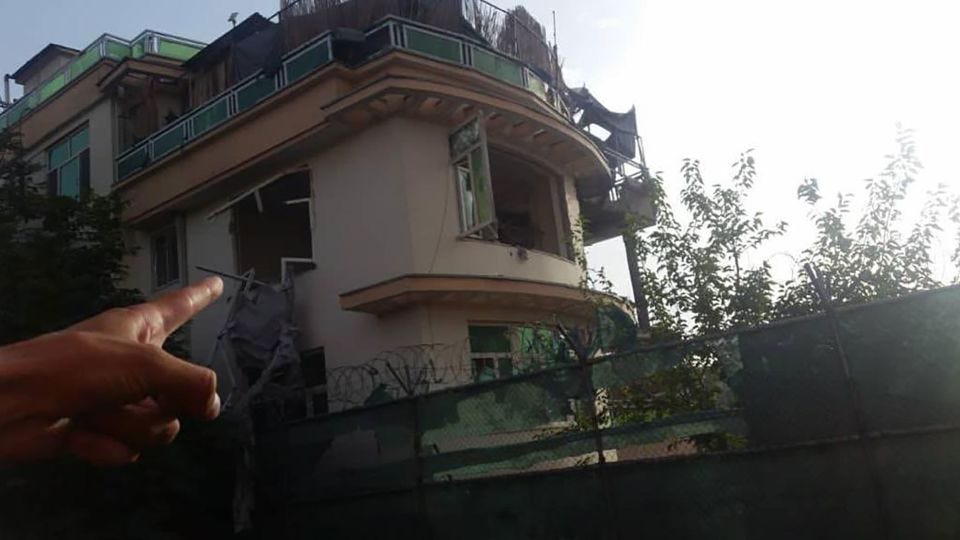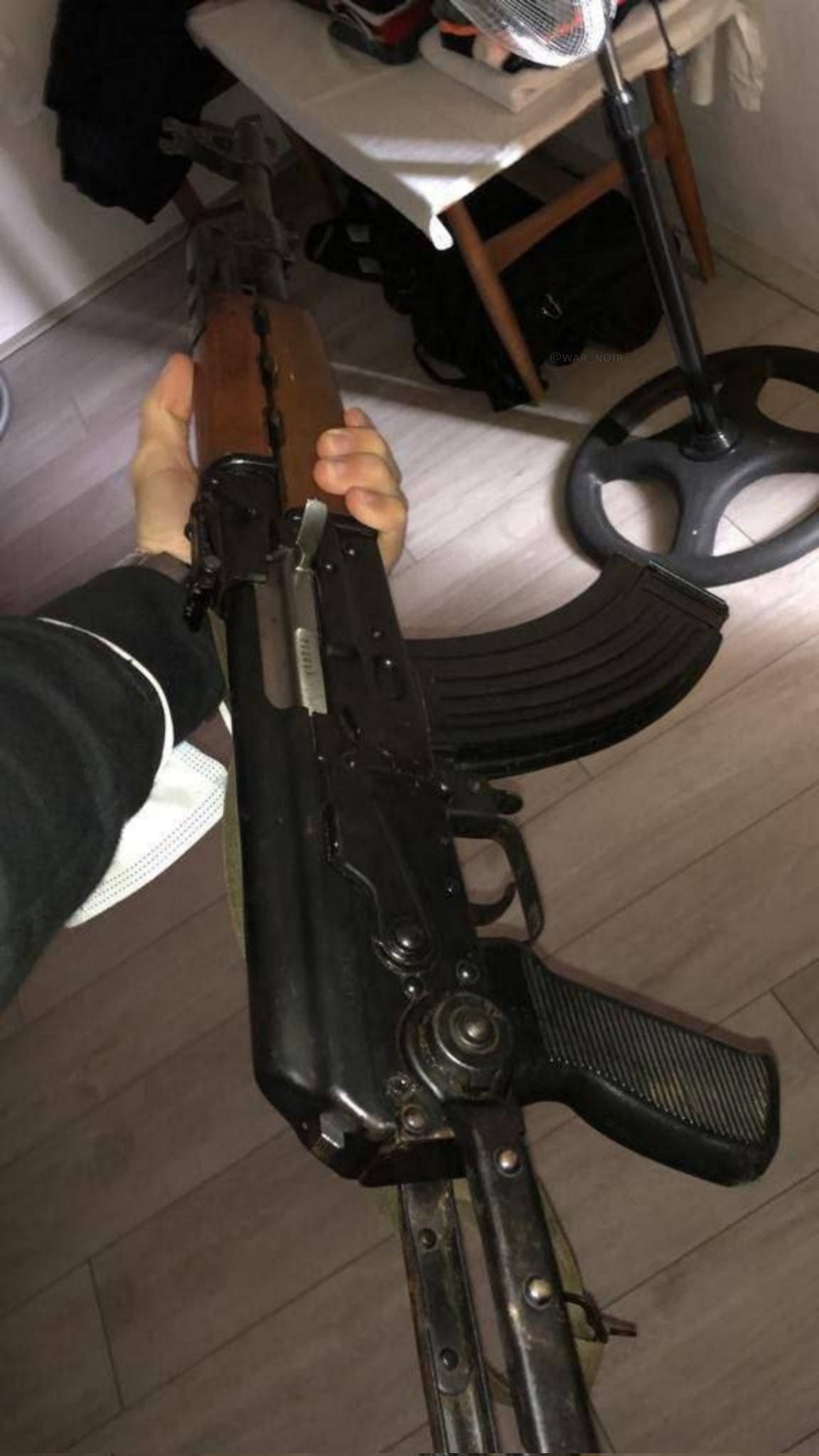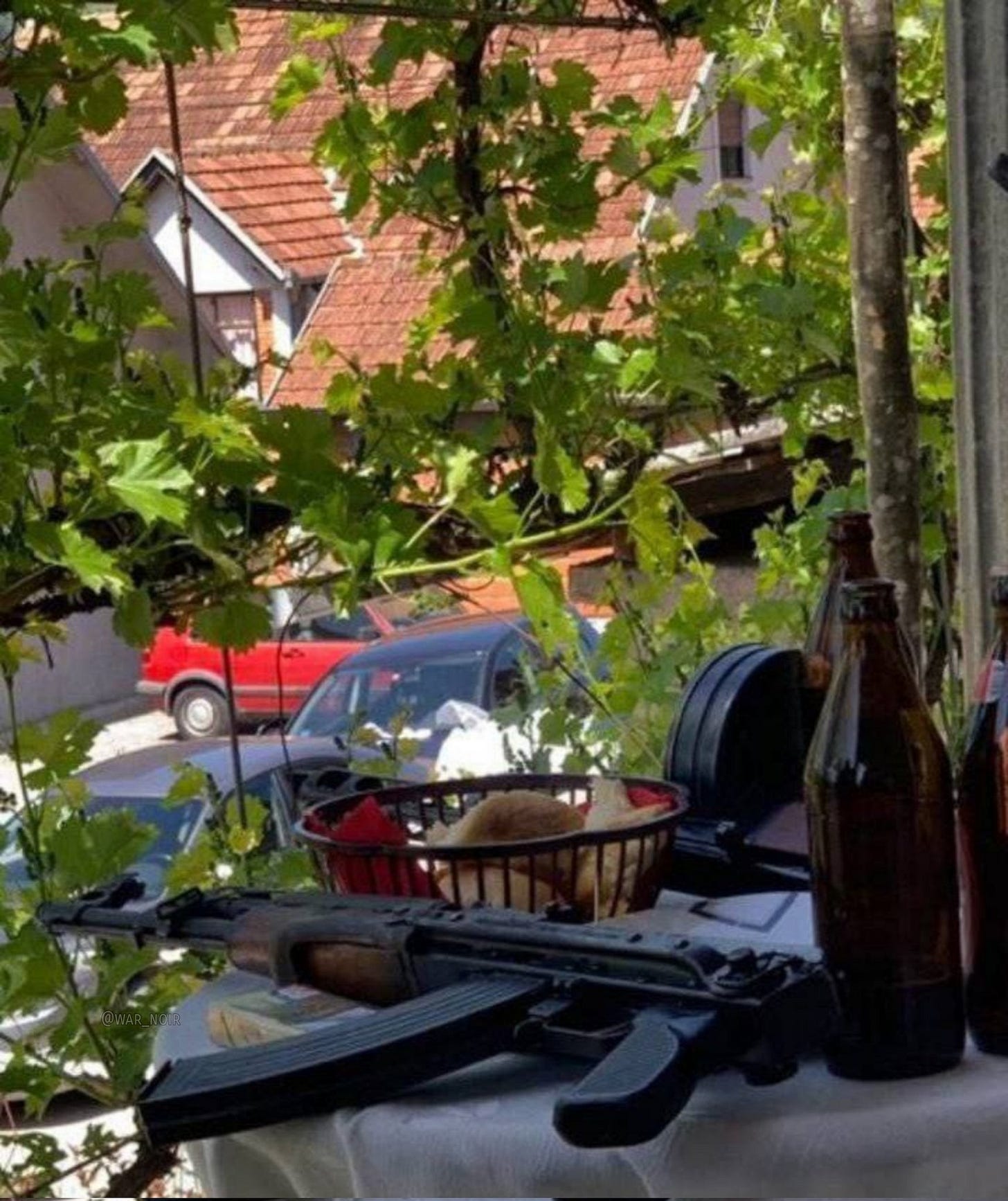MW Weekly: IS Supporters Mock Zawahiri Killing; Tensions Simmer in Western Balkans; ISKP Bombs Shiites in Kabul; Deadly Clashes in Nagorno-Karabakh
Islamic State Sympathizers Mock Zawahiri´s Death
Islamic State-linked (IS) Telegram accounts have expressed their amusement at the death of al-Qaeda´s leader, Ayman al-Zawahiri. They have also used the news to attack the Taliban, against whom they have increased their fighting efforts since the fall of Kabul last year.
An IS-linked account has accused the “Taliban National Army” of selling their ally to the United States as a token of friendship. The user names them as “the financial Taliban”. Another account defied the Taliban, asking if they would recognize the killing, or ignore it. They even asked if the Taliban would mourn Zawahiri and offer condolences.
Another user added: “Everyone should strive hard to invite the brothers in Afghanistan,” betting the killing of Zawahiri would benefit ISKP, expecting mass recruitment from former Taliban and al-Qaeda members. It is possible that many IS sympathizers expect the same.
Other IS sympathizers used the moment to attack the now-deceased Emir himself. One of them described him as wicked and recalled how Zawahiri rejoiced over the deaths of Islamic State leaders. Yet another user infers that the deceased leader worked for Western governments, and he was separately accused by IS jihadists of losing bin Laden’s legacy.
One IS sympathizer described Zawahiri as an enemy of God, and that his death meant nothing to them. He mentions Zawahiri was an “intelligence puppet” no longer having a role in the arena. He finishes by praising God for his death, wishing that all infidels “catch up” with him.
- Analysis by Guillermo Calderón López
Tensions Simmer in the Western Balkans
Rumors of renewed conflict between ethnic Serbs and ethnic Albanians in Kosovo spread on social media on July 31st, and reports of roadblocks set up by Serbs in northern Kosovo were soon confirmed. These reports were quickly followed by those of unknown gunmen opening fire on Kosovo police units in the Zubin Potok municipality of Mitrovica District. Further videos where gunshots could be heard were circulated. Rumors of arrests accompanied reports of police taking fire, but the arrests were denied by authorities in Kosovo. Leaders in Pristina referred to those who did the shooting as “criminal groups” and “rebellious elements controlled by the Serbian government,” whom they similarly blamed for blocking border crossings between Kosovo and Serbia at Jarinjë and Brnjak, using heavy equipment and trucks.
NATO’s mission in Kosovo (KFOR), consisting of over 3,000 troops, declared its readiness to intervene in the event of hostilities between the two countries.
The seemingly sudden dust-up stemmed from a running dispute between authorities in Pristina and those in Belgrade. Since 2011, Serbia has refused to accept identification documents issued by the government in Kosovo to its citizens seeking to travel to Serbia, instead giving provisional IDs to those residing in Kosovo while they are in Serbia. In a reciprocal move, Pristina announced in June that those using Serbian-issued documents would be given provisional identification forms that would be valid for 90 days while in Kosovo.
Further, citizens of Kosovo using Serbian-issued number plates on their vehicles would be expected to replace these with number plates issued in Kosovo. In October 2021, a similarly tense moment between the two countries flared up over license plate disputes, which again saw Kosovo Serbs blocking roads and authorities in Pristina deploying special forces to the border with Serbia.
Once word of a possibly renewed armed conflict emerged on July 31st, photos posted by Kosovo Serbs of their personal Zastava AK-pattern rifles circulated on social media. A considerable number of civilians among Serbs and Albanians on either side of the Ibar River that divides their communities in northern Kosovo are armed with personal weapons.
The situation finally de-escalated when Pristina agreed to postpone the implementation of their reciprocity policies for one month—though, with no formal agreement between the two countries, it is still unclear what will come in September. Barricades blocking border crossings were still present on the night of August 1st, but have since been removed. Serbian President Aleksandar Vučić is supposed to meet with his Kosovar counterpart Prime Minister Albin Kurti in EU-backed talks on August 18th.
Despite upcoming talks, tensions between ethnic Serbs and the ethnic Albanian majority residing in Kosovo remain high. On August 6th, Kosovo police say their boat came under fire by “at least ten” gunshots while they were patrolling Gazivoda Lake in the north of the country near the border with Serbia. Head of the EU Rule of Law Mission to Kosovo (EULEX), Lars-Gunnar Wigemark, condemned the attack on Twitter, calling it “criminal” and promising that EULEX would increase its patrols in the north of Kosovo.
After Brief Lull, ISKP Targets Kabul’s Shiites with Bombings on Consecutive Days
After a period of relatively low activity by the Islamic State Khurasan Province (ISKP), the group claimed bombing operations on three consecutive days targeting Kabul’s Shiite community. The attacks come just prior to Ashura, a holiday celebrated by Shiite Muslims.
The first of these attacks took place on August 5th, when an explosive device hidden in a cart detonated near a mosque, killing at least eight people and wounding 18 others. The next day, a separate bombing in Kabul killed eight people and injured at least 22.
A third attack occurred on August 7th when a “magnetic mine” attached to a public transportation vehicle exploded in the Pul-e-Asmayi area of Kabul city. The Islamic State claimed responsibility for the attack the next day, on August 8.
Shortly before the attacks, the Taliban announced a counter-terrorism raid against an ISKP cell that killed four Islamic State fighters. According to Taliban spokesman Zabihullah Mujahid claimed, the ISKP cell was “planning to attack our Shiite compatriots during ongoing Muharram rituals.”
Prior to the incidents, there was some speculation that Taliban security operations against ISKP may have degraded the group’s capabilities. It seems, however, that, despite the blows inflicted on the organization, they were laying low, regrouping, and preparing for attacks such as the Kabul bombings.
Fighting Resumes in Nagorno-Karabakh
Fighting between Azeri and Armenian forces in the contested enclave of Nagorno-Karabakh erupted once again on August 1st. The Azeri Ministry of Defense accused Nagorno-Karabakh troops loyal to Armenia of attacking the Lachin Corridor, a thin strip of land running through western Azerbaijan, which connects Nagorno-Karabakh to Armenia. They claim to have repelled the attack using automatic grenade launchers and drones, killing two Armenian soldiers and wounding another 14. An Azeri soldier was also reportedly killed in the alleged attack, which Azerbaijan has called “an act of sabotage”.
Videos appeared on social media of the Azeris towing howitzers and moving various troops and equipment towards the line of contact.
The area where fighting broke out is under the nominal control of a Russian peacekeeping force that was established in November 2020, after a war that killed thousands on both sides was concluded by negotiations, following serious Armenian territorial losses in and around Nagorno-Karabakh. However, with the war in Ukraine grinding on, the effectiveness of Russian peacekeepers’ presence is questionable.
Following deadly clashes between Azeri and Armenian forces near the Lachin Corridor, Azerbaijan says its troops took strategic heights in the region as a part of a retaliatory operation dubbed “Revenge”.
Conflict Photos of the Week
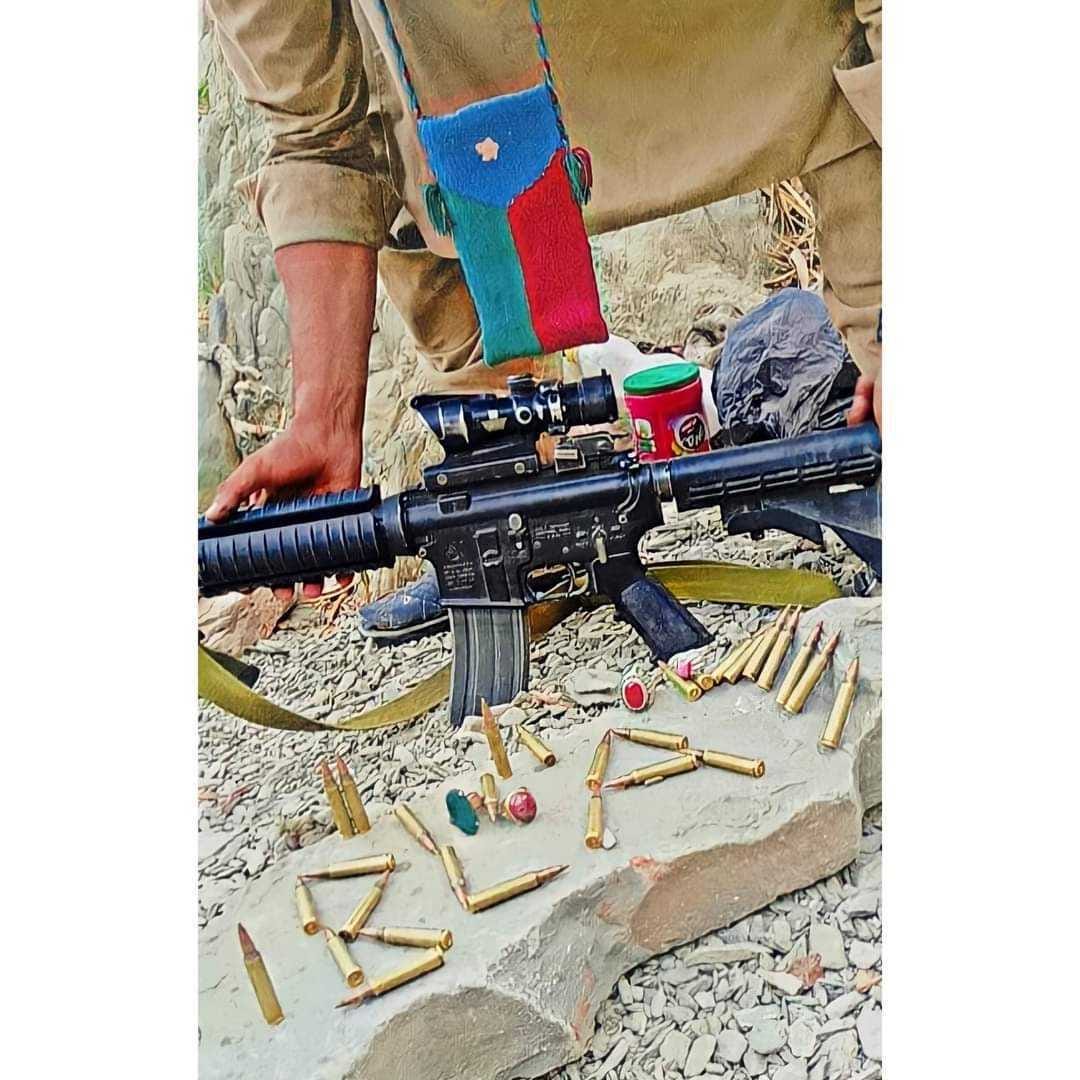
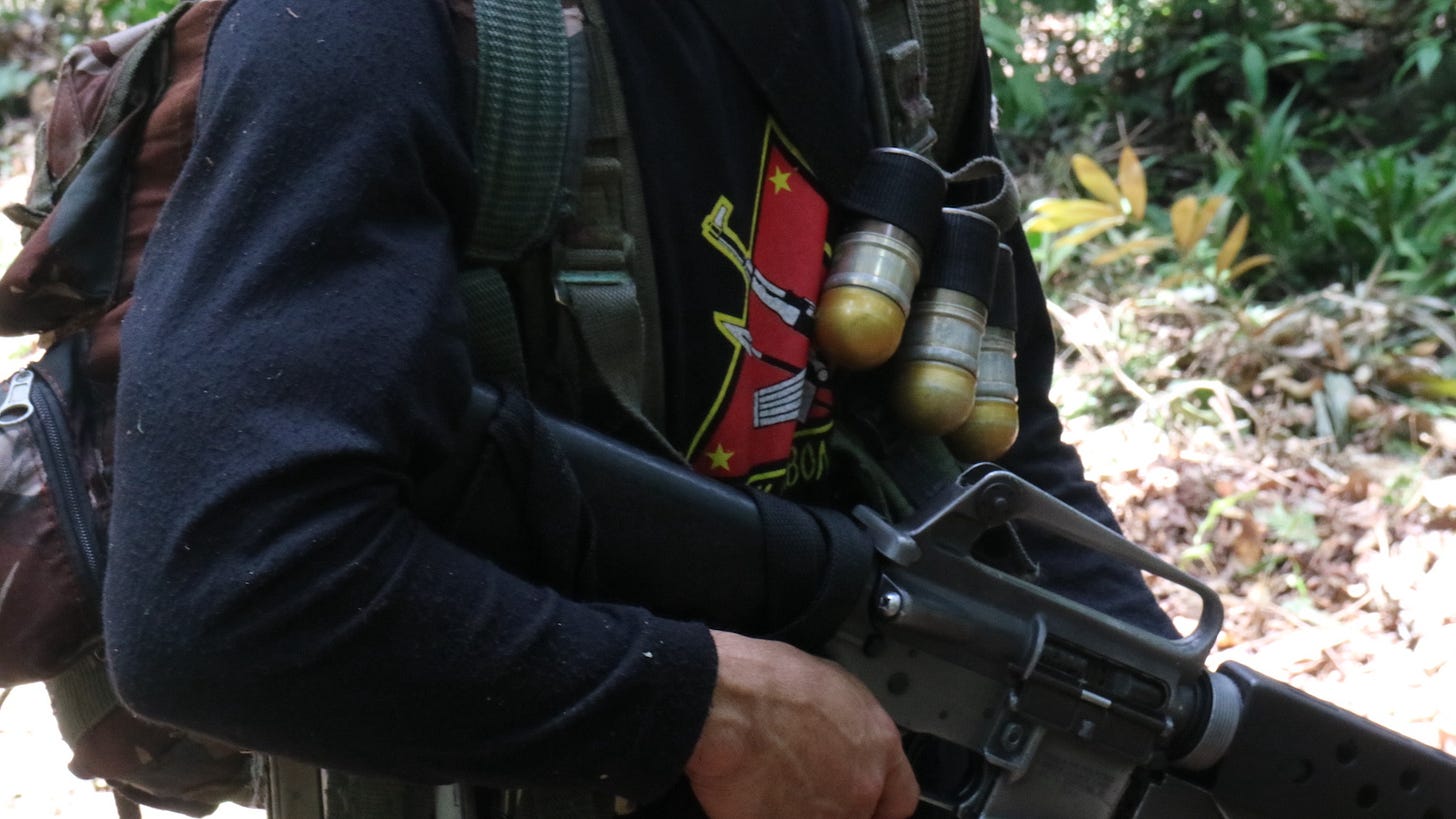
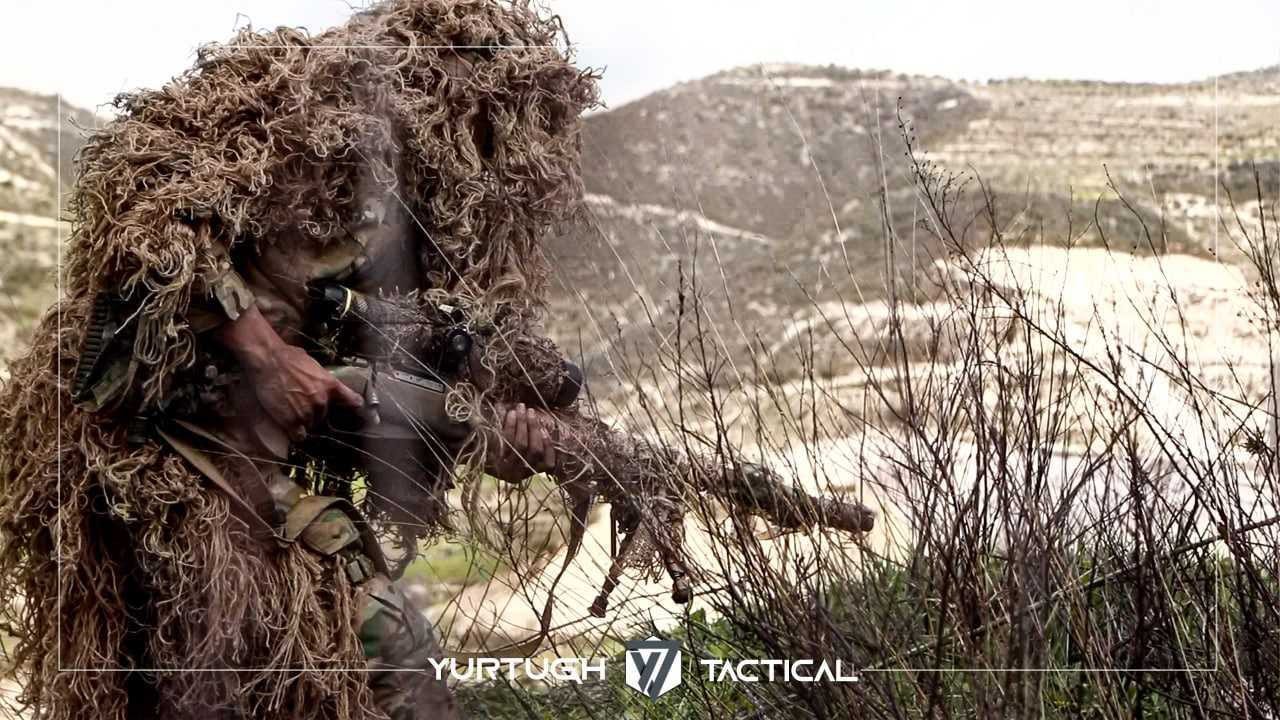
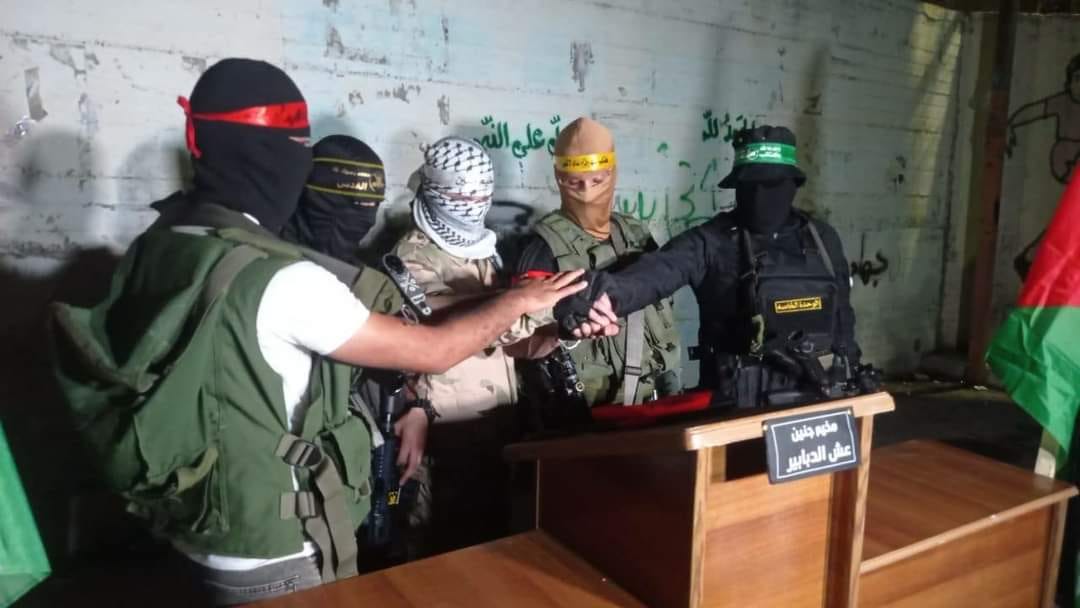
Thank you for reading!






